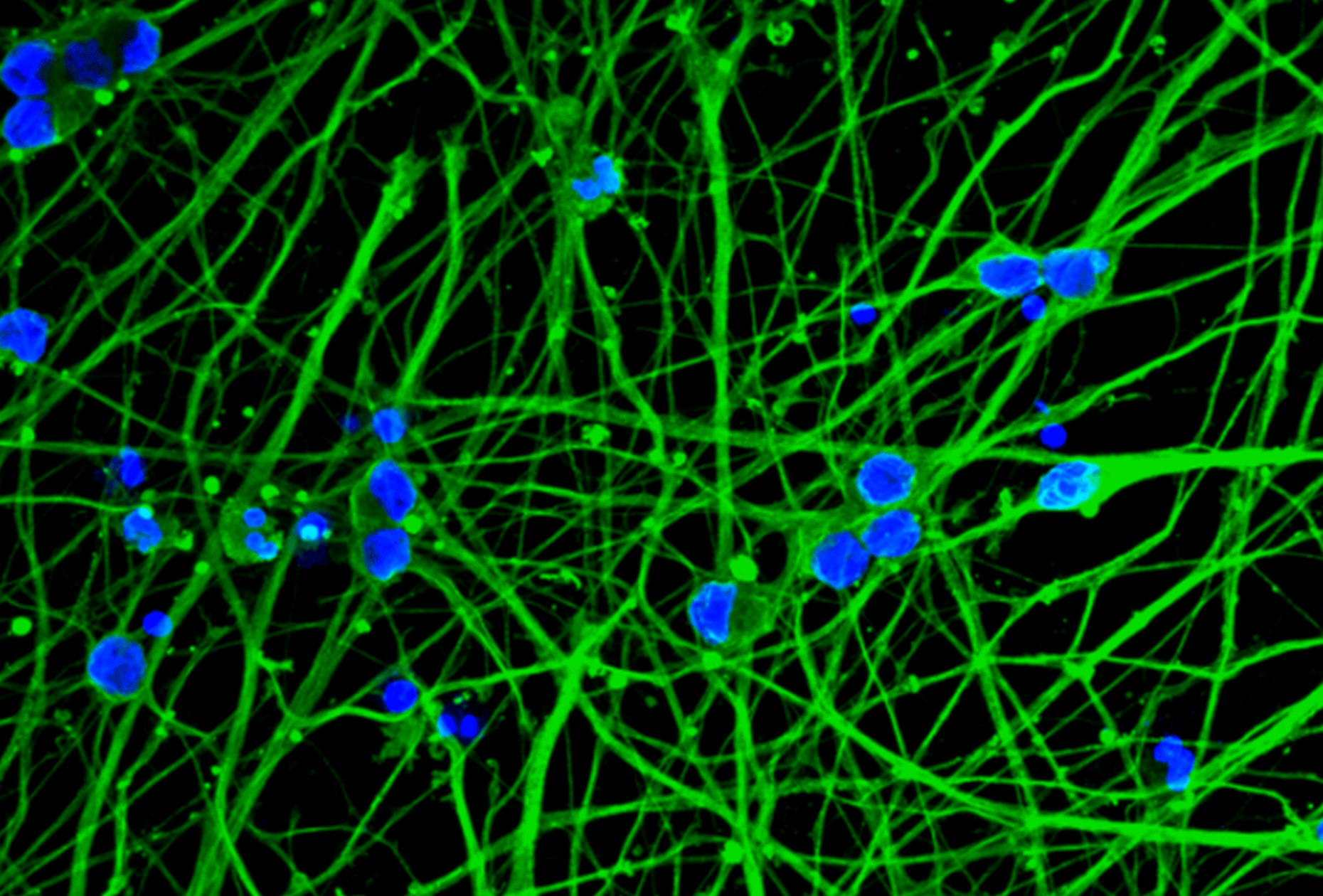Precision Cellular Reprogramming for Scalable and Consistent Human Neurodegenerative Disease Models
13th April
17:00 BST | 09:00 PDT | 12:00 EDT
Join Madeleine Garrett, Field Application Specialist, bit.bio, at Technology Network's Innovations in Disease Modelling online symposium to hear how a new precision cellular reprogramming technology is overcoming inefficiencies and inconsistencies in cell production to enable the generation of highly defined, rapidly maturing human iPSC-derived disease models that are consistent at scale. She will also demonstrate the impact this new class of precision reprogrammed disease model cells is having within research and early drug discovery workflows.

13th April
17:00 BST | 09:00 PDT | 12:00 EDT
Join Madeleine Garrett, Field Application Specialist, bit.bio, at Technology Network's Innovations in Disease Modelling online symposium to hear how a new precision cellular reprogramming technology is overcoming inefficiencies and inconsistencies in cell production to enable the generation of highly defined, rapidly maturing human iPSC-derived disease models that are consistent at scale. She will also demonstrate the impact this new class of precision reprogrammed disease model cells is having within research and early drug discovery workflows.
In this talk, you will gain insights into:
- How you can overcome limitations of current cell generation methods by adopting cells produced by opti-ox™ precision reprogramming into your workflows.
- How bit.bio has used ICC, RT-qPCR, RNA-Seq and functional data to define cell identity and validate disease model genotype, creating a reliable system for in vitro modelling of ALS, FTD, and Huntington's disease.
- The identification of disease-related phenotypes in models for FTD and Huntington's disease compared to isogenic controls and how scientists in early drug discovery can now challenge an intrinsic phenotype in the right context.
Register now